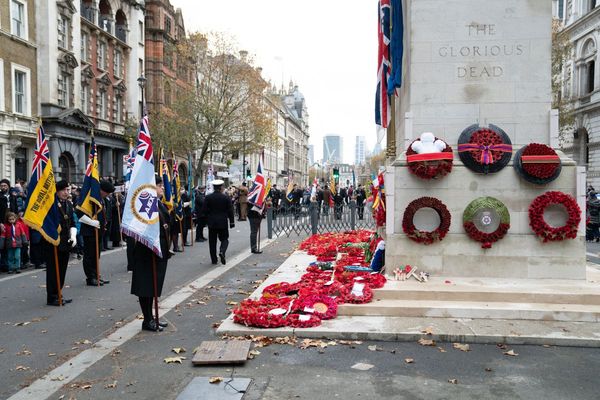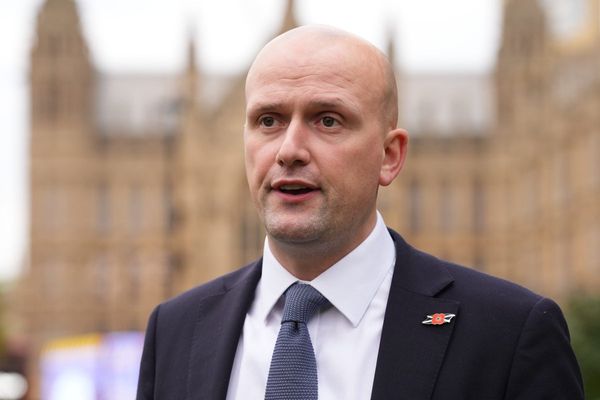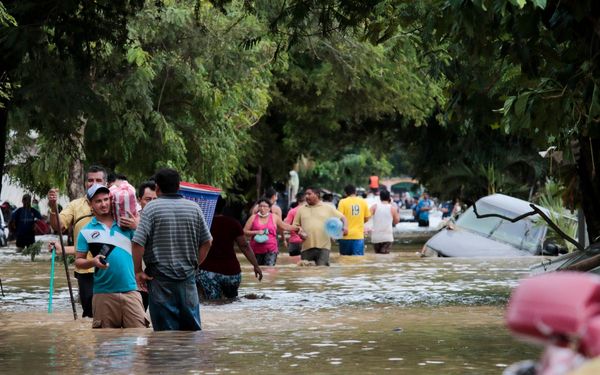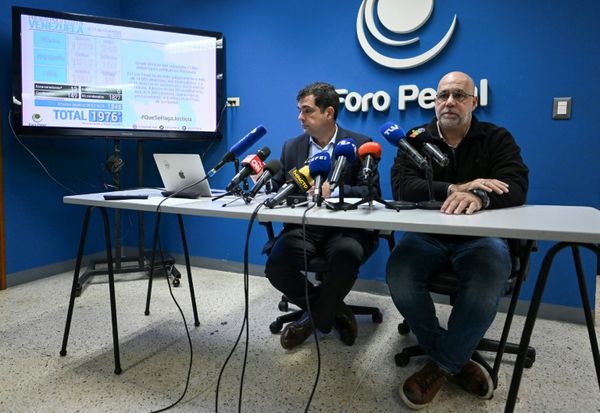
The full extent of the trauma rape survivors experience as a direct result of their interaction with police has been shown for the first time in a damning official survey.
Three-quarters of respondents to the largest ever survey of rape and sexual assault survivors in England and Wales said their mental health was damaged “as a direct result of what police did, or failed to do, in their case”, according to researchers.
The survey, which is funded by the Home Office, exposes multiple failures in the policing of serious sexual crimes, and reveals that “countless respondents said their rapist went on to sexually offend again against them and/or others because police did not take their report seriously”.
Women described feeling more traumatised by their experience with the police than they had been by the original rape. One woman wrote: “I am more afraid of the police than being raped again.” Only 14% of respondents said they felt safer as a result of what the police did, while 39% said they felt less safe.
Andrea Simon, the director of the End Violence Against Women Coalition, said the survey showed that the criminal justice system was “often a site of harm” for survivors of rape. “All of this shapes whether women trust and engage with the police and whether justice is delivered. This is a fundamental human rights issue,” she said.
In a week where some public figures have questioned why women who made allegations of rape and sexual assault against Russell Brand did not go to the police, the survey reveals that half of respondents said they had lost trust in the police because of their response, while 56% of respondents said they would be unlikely to report any future rapes. “I can confidently say I will never be contacting the police for help again,” wrote one.
The survey, carried out by a team at City, University of London, also heard from 190 survivors who chose not to report to the police. The most common reason given was because they felt too ashamed and embarrassed, followed by a fear they would not be believed, and a lack of trust in police. It found that 42% of respondents who did go to the police did not feel believed, only half felt officers were respectful and kind, while 31% said they did not always feel safe with officers.
The survey, which is supported by the National Police Chiefs’ Council (NPCC), gathered an unprecedented 1,968 responses from victims with police experience over five and a half months. While it is not nationally representative it provided “unique” insight and evidence of survivors’ experiences, said the lead researcher, Katrin Hohl, a professor of criminology and criminal justice at City, University of London.
“Survivors are doing the rest of society a service if they report to police, so we urgently need to improve their experience,” she said. “We know some officers are getting it right. But it needs to be consistently right, we cannot afford for any survivor to be further damaged by their experience of the criminal justice system.”
The survey, which is continuing until June 2024, has been carried out as part of Operation Soteria Bluestone, a new approach to sex attackers which is being introduced across all 43 police forces in England and Wales. Its scathing first-year report, published in December, exposed persistent failings in the criminal justice system, including a failure to track repeat suspects, “explicit victim-blaming” and botched investigations.
In the past six months, victims’ experiences had been more positive, said the authors, but they noted that could reflect the fact that this was often the case in the initial stages of a police investigation. Of her largely positive experience, one victim wrote that she had responded to inspire other forces. “It can be done!” she wrote. “Compassion, kindness and integrity goes a long way!”
The minister for safeguarding, Sarah Dines said the government was committed to funding Operation Soteria to produce “radical improvements” in how the criminal justice system treats rape, and the police watchdog would inspect progress soon.
Sarah Crew, a chief constable who is the NPCC lead on rape, thanked survivors and said their bravery in speaking about their experiences would “form a significant part in how policing will improve their response to rape and sexual offences”.
Polices forces were welcoming scrutiny, she added. “This is not easy, but it is vital, we are determined to do better for victims.”







